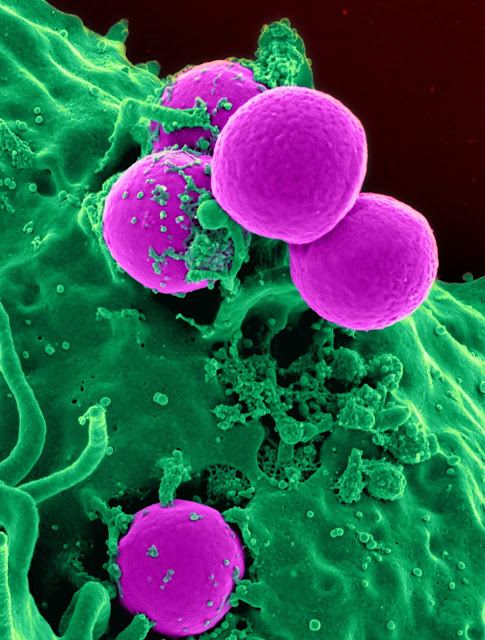Aging memories may not be 'worse,' just 'different.'

Aging memories may not be 'worse,' just 'different.' A study adds nuance to the idea that a fading memory is a poor one and finds a potential correlation between the way people process the boundaries of events and episodic memory. FULL STORY "Memory is the first thing to go." Everyone has heard it, and decades of research studies seem to confirm it: While it may not always be the first sign of aging, some faculties, including memory, worsen as people age. It may not be that straightforward. Zachariah Reagh, assistant professor of psychological and brain sciences in Arts & Sciences at Washington University in St. Louis, looked at older people's brain activity not by requiring them to recite a group of words or remember a string of numbers. Instead, Reagh looked at a "naturalistic approach," one that more closely resembled real-world activities. He found that brain activity in older adults isn't necessarily quieter when it comes to m...


